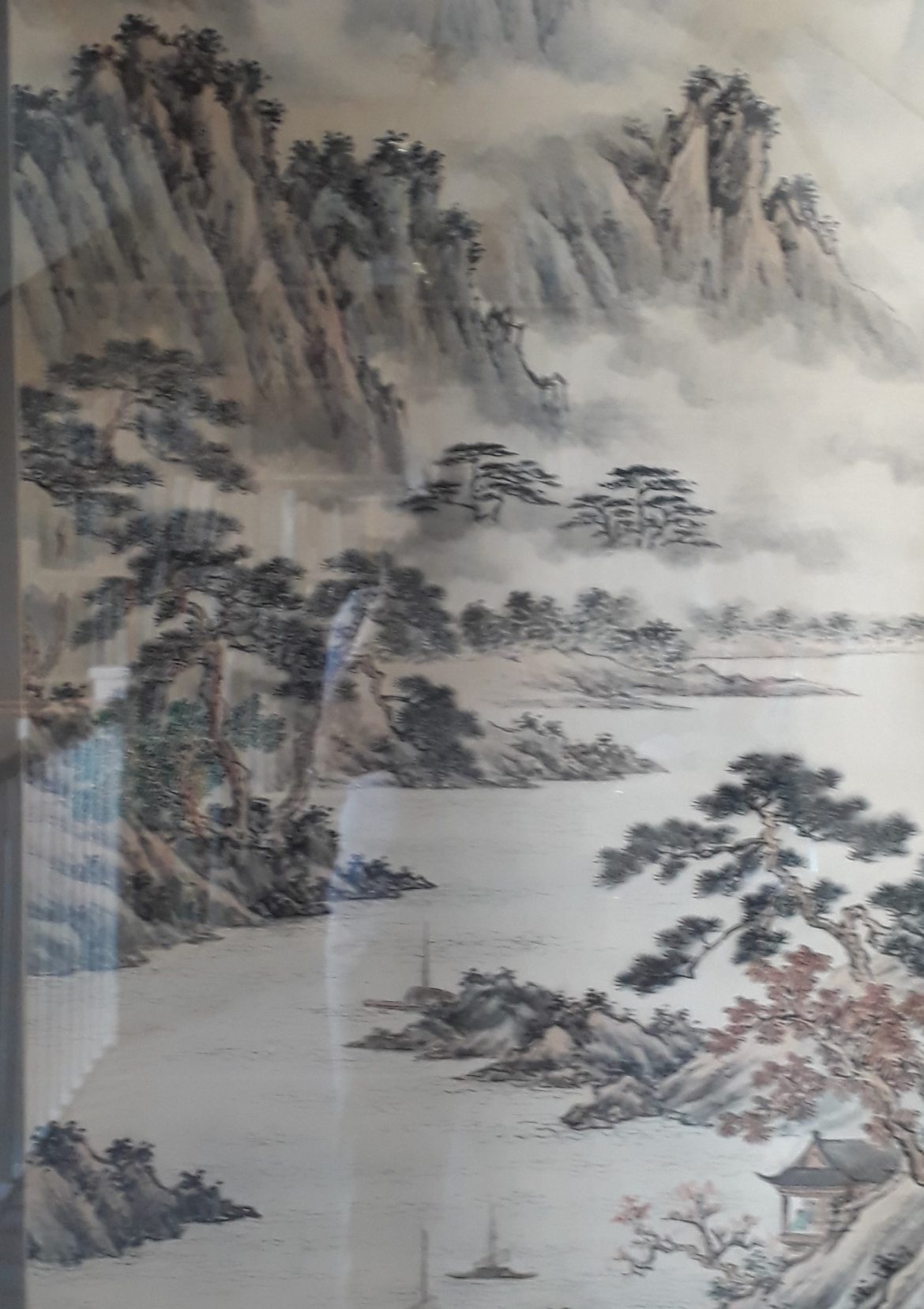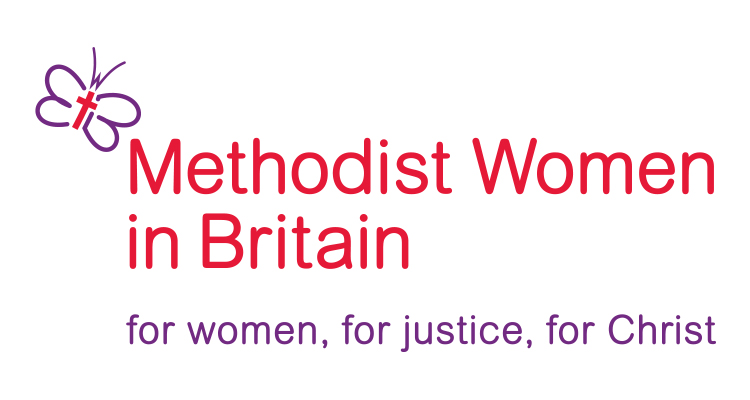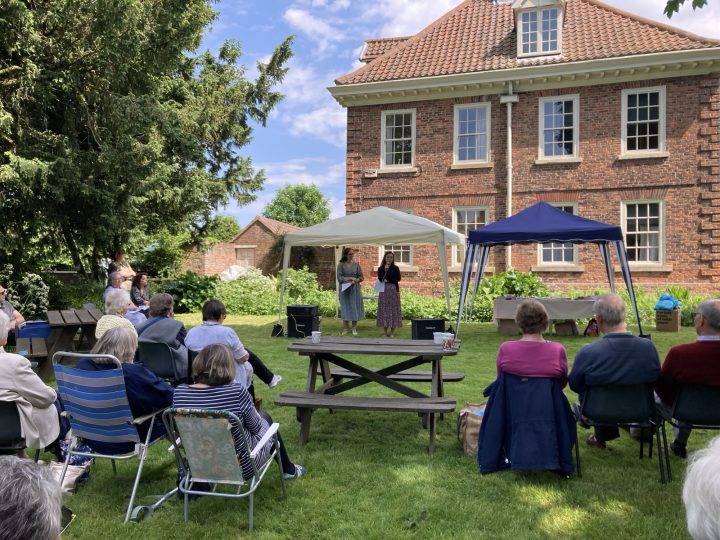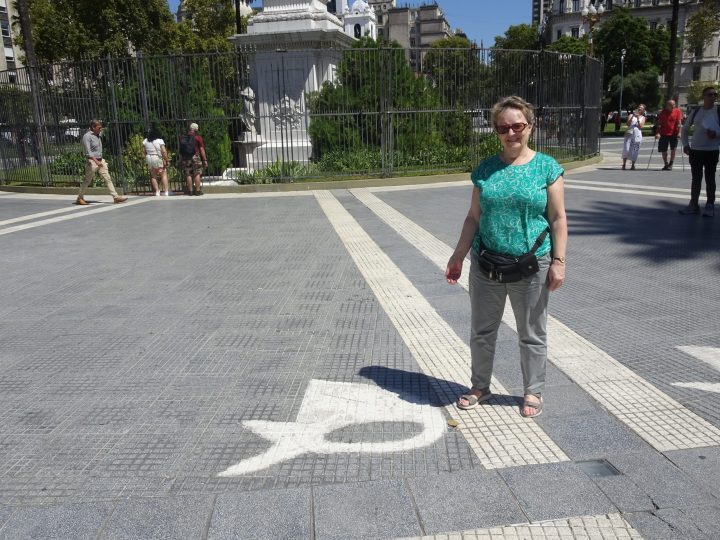
I should have been in Hong Kong this week visiting groups who are supporting migrants, and learning about the issues of those who move to obtain work, but find themselves in difficult situations. The visit was originally going to include some time in China finding out about trafficking across borders. Part of this is driven by the aftermath of the one child policy, and the Chinese in the past, valuing boys more than girls. This has led to a shortage of young women, and consequently to a rise in trafficking from adjoining countries to marry the young men.
I did visit China a few years ago as a tourist. It was the year before the Yangtze river was dammed. Our visit included a few days on a boat going upstream along the river. The river was fascinating with strong currents and eddies all the way. I do not think there was a calm level surface at any point in the journey. We passed the site where the dam was being built. The dam itself was very impressive, but the conditions of the men working to build it were dreadful; barely clothed men covered in wet mud, struggling to do the work.
There were villages along the riversides which had been cleared of residents. They had been moved to other areas of China. Many of them would have found themselves in parts of China where they did not know the dialect or customs because it is such a large and diverse country. Some villages still had some people living in them, waiting for relocation. While they waited, they set up market stalls to catch the tourists whose boats stopped so that the holiday makers could visit the temple at the top of the villages’ steep hill. The people were absolutely charming, and although time was short to return to the boat before it sailed, I managed to communicate by sign language with a few of them and bought about a dozen items in around ten minutes.
The scenery was amazing, beautiful mountains rising high, reminiscent of traditional chines paintings that one sometimes sees. Periodically, there were caves high in the mountainous banks. We were told that many of these were illegal coal mines, because in the rural areas there is much poverty, so mining was one way to try and boost resources. However, if accident happened there was no health service support, and sadly we saw evidence of men who had been severely injured. One had lost of part both legs and was literally crawling along a path, and yet he seemed cheerful, smiled and said ‘Hello English’ to us.
There was a stark contrast between the rural areas we saw, and the cities. The cities such as Beijing were Americanised with high rise buildings and McDonalds. My husband had been to China ten years previously. He described how, on his first visit, there had been an old woman sweeping the runway as the plane came in to land, and many shacks lining the streets. Ten years later these had all but disappeared.
As I look back on that visit, there are many memories of wonderful buildings, gigantic constructions such as the Great Wall which I can picture. These images are amazing, but the smiling faces of people in less than comfortable situations has also stayed with me. Jesus warned us that, ‘The poor you will always have…’, and it seems that every society has differing levels of wealth. Our challenge is to keep striving for a more balanced distribution of wealth, so that all may have sufficient.



